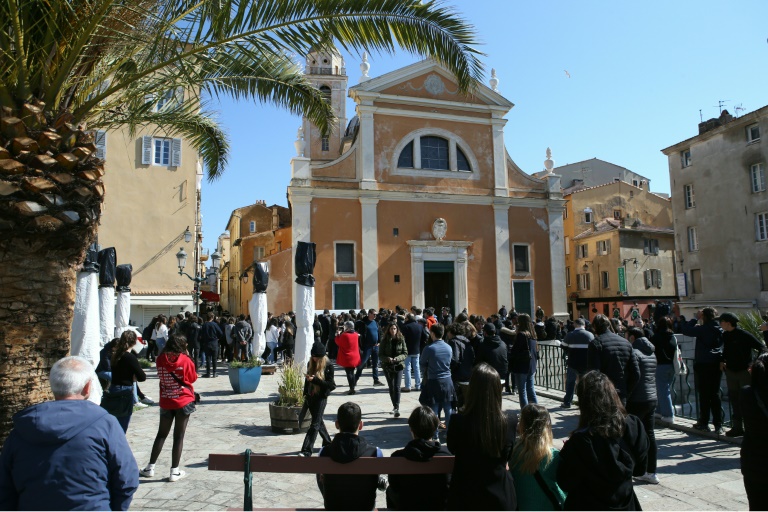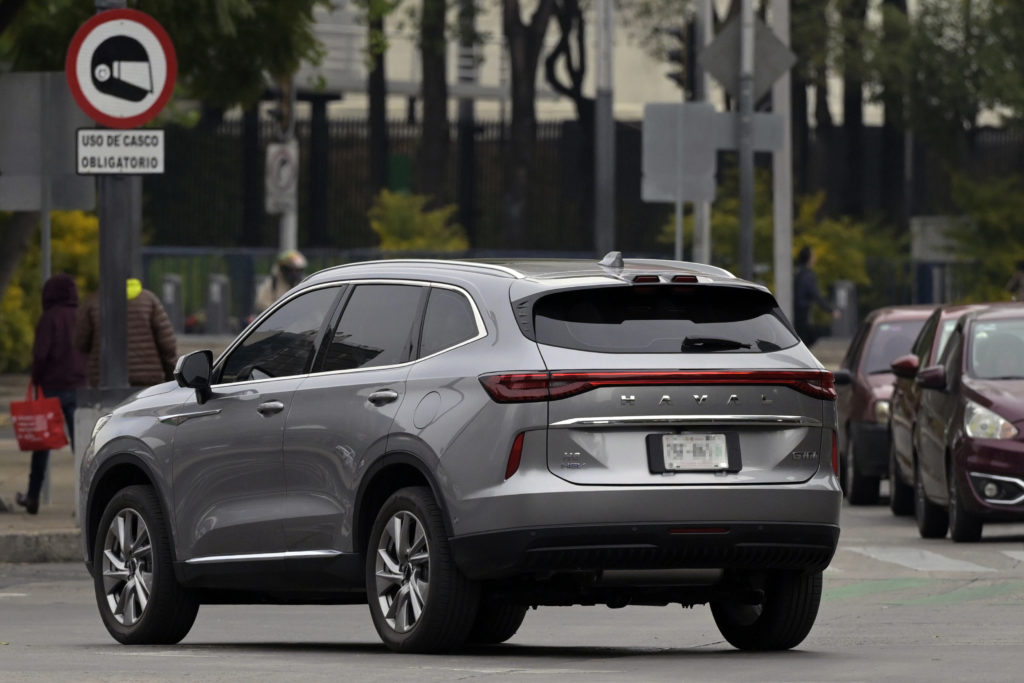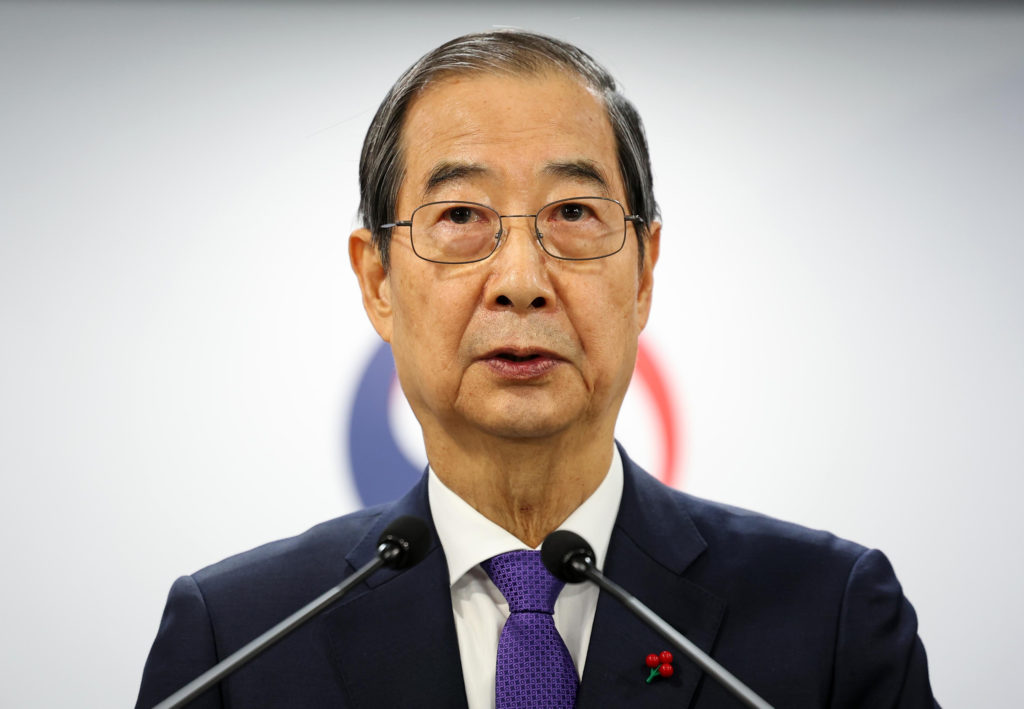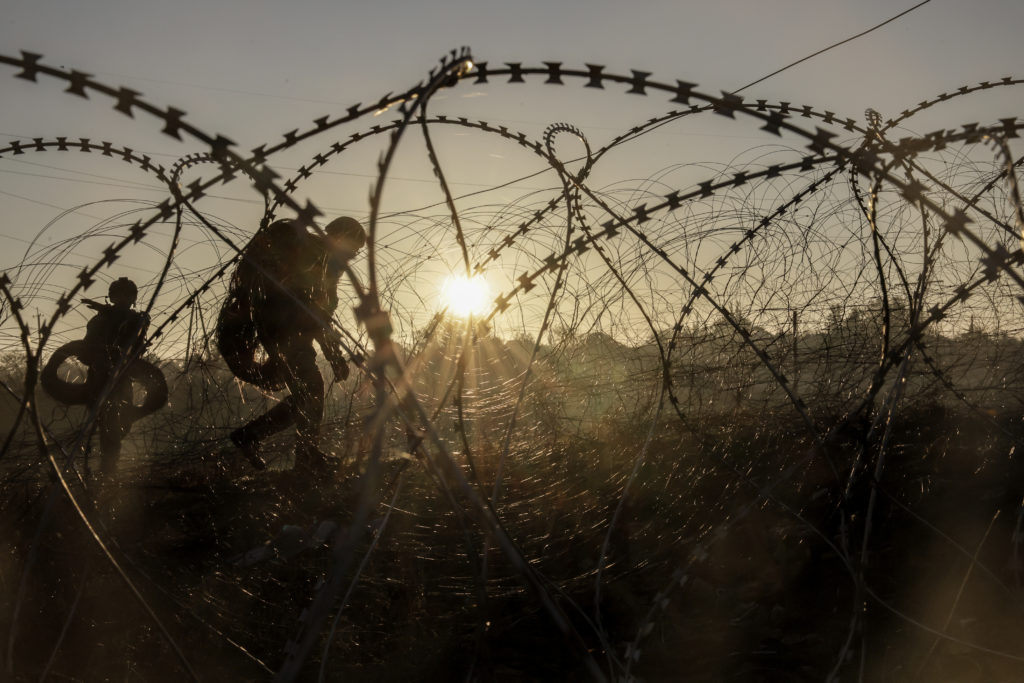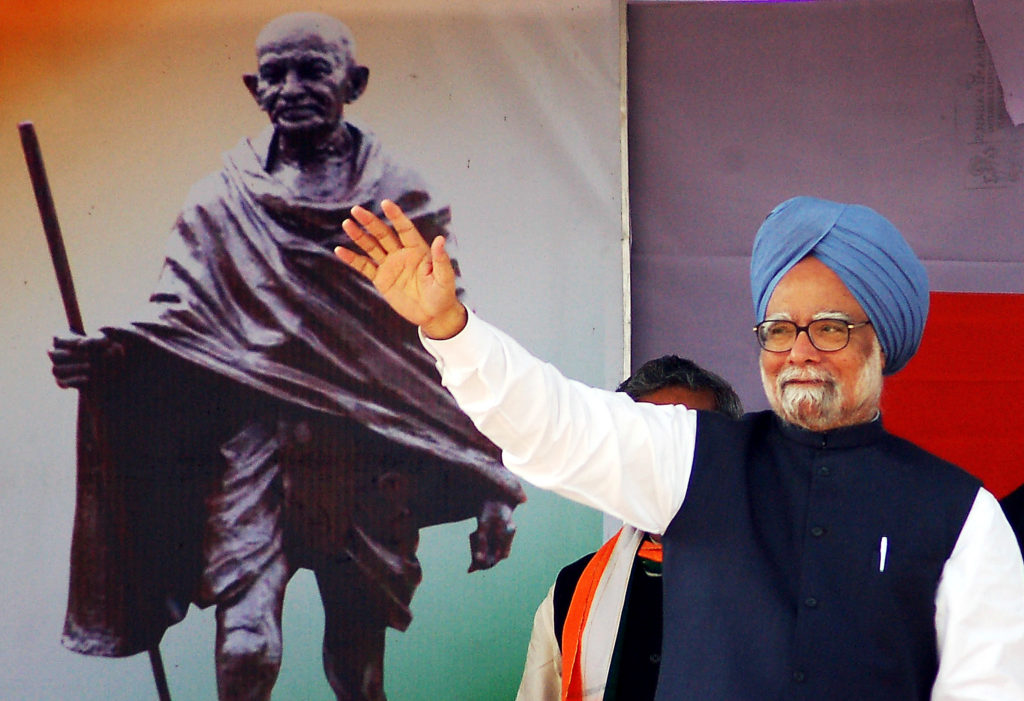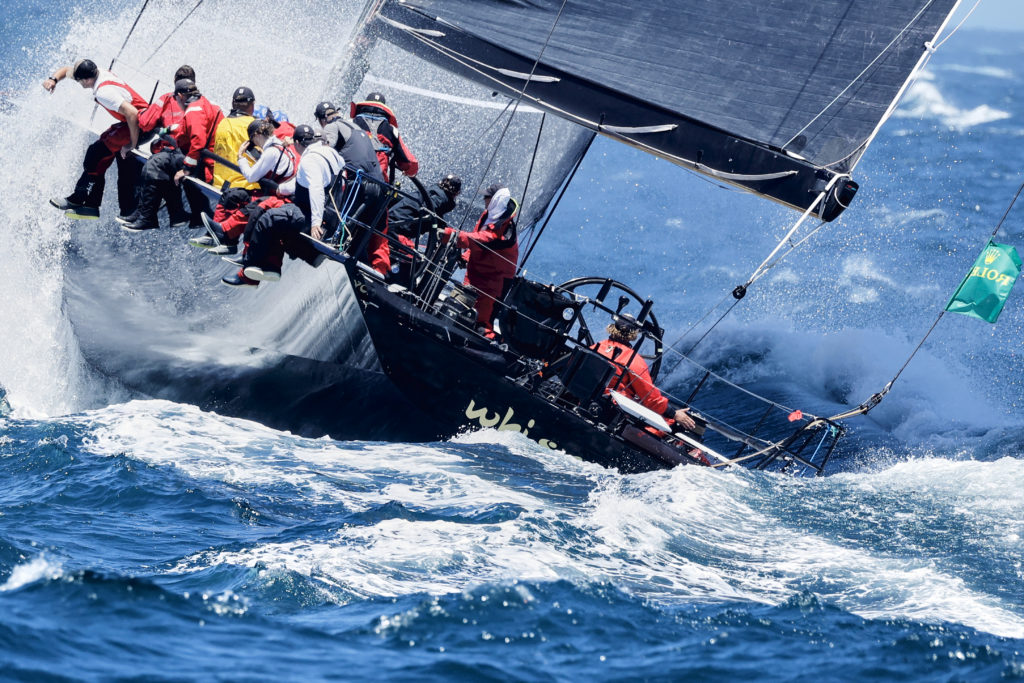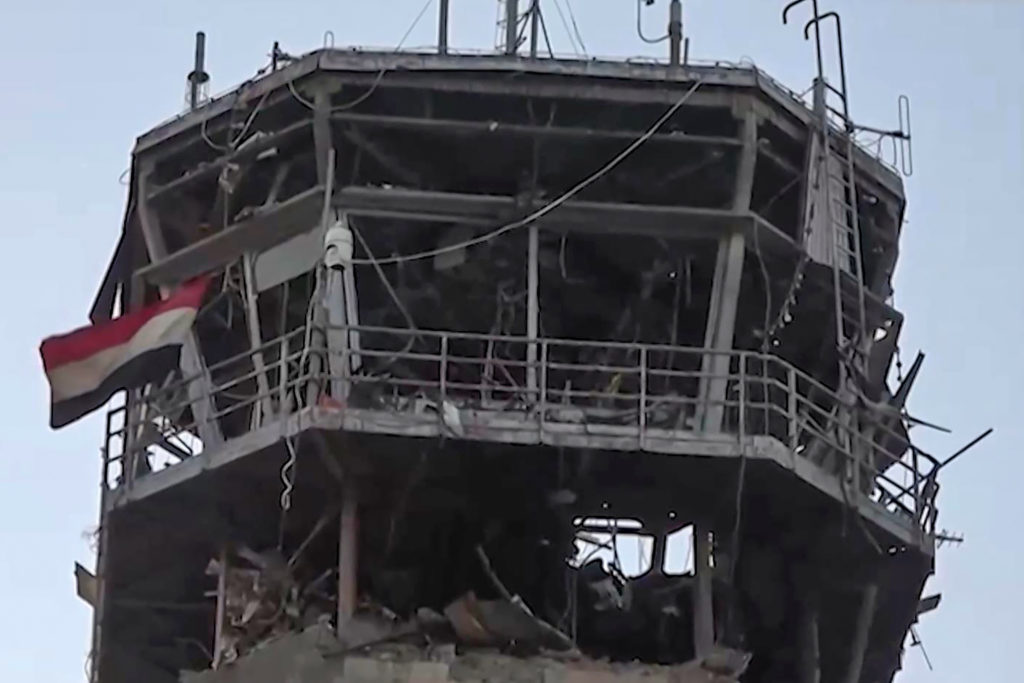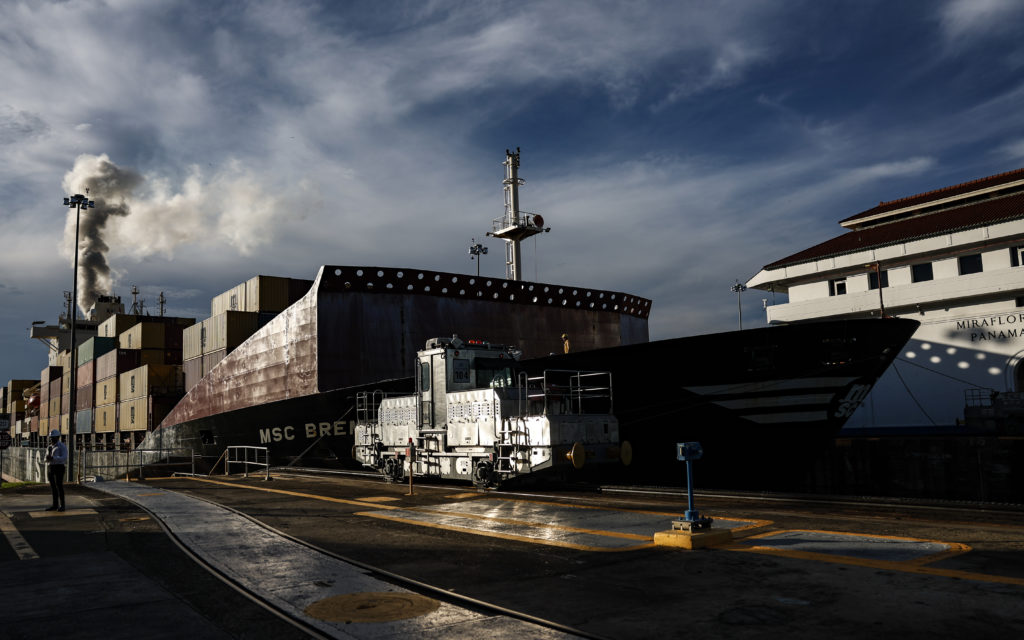The French government called for calm in Corsica on Tuesday after the death of jailed nationalist figure Yvan Colonna raised fears of fresh violence on the Mediterranean island.
Colonna was attacked on March 2 by a fellow inmate at a prison in southern France where he was being held over the 1998 assassination of a senior French government official.
News of his death — which was announced late on Monday — risks inflaming tensions after some of the worst rioting for years earlier this month in Corsica, where some see Colonna as a hero in the fight for independence.
“The most important thing is that calm continues and that discussions carry on,” French President Emmanuel Macron told France Bleu radio, promising that an investigation would determine how Colonna had been killed.
“A man has died. It’s a serious situation… we can’t allow such things to happen in our prisons,” he added.
Marches were called on Tuesday in the island’s main cities Bastia and Ajaccio, while candle-lit tributes and Corsican-language graffiti saying “Gloria a te” (“Glory to you”) appeared on the streets.
One of France’s most prominent prisoners, 61-year-old Colonna was left in a coma after being beaten and strangled in prison in Arles by an Islamist extremist serving time for terror offences.
“The family requests that its grief is respected and will be making no comment,” Colonna’s lawyer Patrice Spinosi told AFP on Monday evening, confirming that his client had died in a hospital in Marseille from his injuries.
“We have to give the family time to mourn. But there is a lot of anger and sadness,” Antoine Soulas, a student, told AFP on the sidelines of a march outside the local government office in Ajaccio on Tuesday.
A criminal probe and an internal prison inquiry have been opened, while the government in Paris has made surprise concessions over the island’s political status just a month from presidential elections.
French Interior Minister Gerald Darmanin announced last week that the government could be prepared to offer Corsica autonomy, which helped police restore order after several nights of clashes.
On Tuesday, Prime Minister Jean Castex’ office announced that Colonna’s accomplices Alain Ferrandi and Pierre Alessandri would be transferred to a prison on Corsica “by mid-April”.
– Tensions –
Colonna was arrested in 2003 after a five-year manhunt that eventually found him living as a shepherd in the Corsican mountains.
He was sentenced to life in prison for the assassination of Corsica’s top regional official, Claude Erignac, who was gunned down in the street in 1998 while walking to a theatre.
Colonna always denied being responsible, and had latterly campaigned through his wife to be transferred to Corsica to serve his sentence close to his family and sons.
After rioting and widespread anger about the security failure in the prison in Arles, Darmanin visited Corsica last week and made the offer of political autonomy, which appeared to have eased tensions.
The leader of Corsica’s pro-autonomy regional council, Gilles Simeoni, welcomed his proposals as “important words that open up prospects, but they ought now to be extended and firmed up”.
The National Liberation Front of Corsica (FLNC), which carried out deadly attacks for decades before laying down its arms in 2014, warned earlier this month that it could resume its fight if Paris remained in a state of “contemptuous denial”.
Many Corsicans are frustrated that a reform of the island’s status promised by Macron has been on ice since 2018.
Pro-autonomy activists want increased control over tax policy, hiring policies in local government to favour Corsicans, expanded use of the local language, as well as restrictions on mainlanders buying property on the island.
The debate has intensified at a hugely sensitive moment, with France preparing for presidential elections in April and right-wing opponents of Macron warning about the risk of the island slipping from Paris’s control.
– Negotiations –
Talks on autonomy for Corsica are set to begin in April and should be wrapped up by the end of this year, according to a memorandum agreed by Darmanin and Simeoni.
French government spokesman Gabriel Attal underlined Tuesday the government’s “red lines” — that “Corsica remains a part of the republic and the fact that we will never accept that there are two categories of people in the republic”.
Colonna’s killer, Franck Elong Abe, was in jail for terror-related offences after being arrested in Afghanistan. He has been charged over the attack.
Prosecutors have said he attacked his fellow inmate after being angered by his “blaspheming” and alleged mocking of the prophet Mohammed.
Investigators said Abe attacked Colonna while he was working out in the prison gym by pulling a bag over his head and strangling him.
burs-adp-tgb/yad

